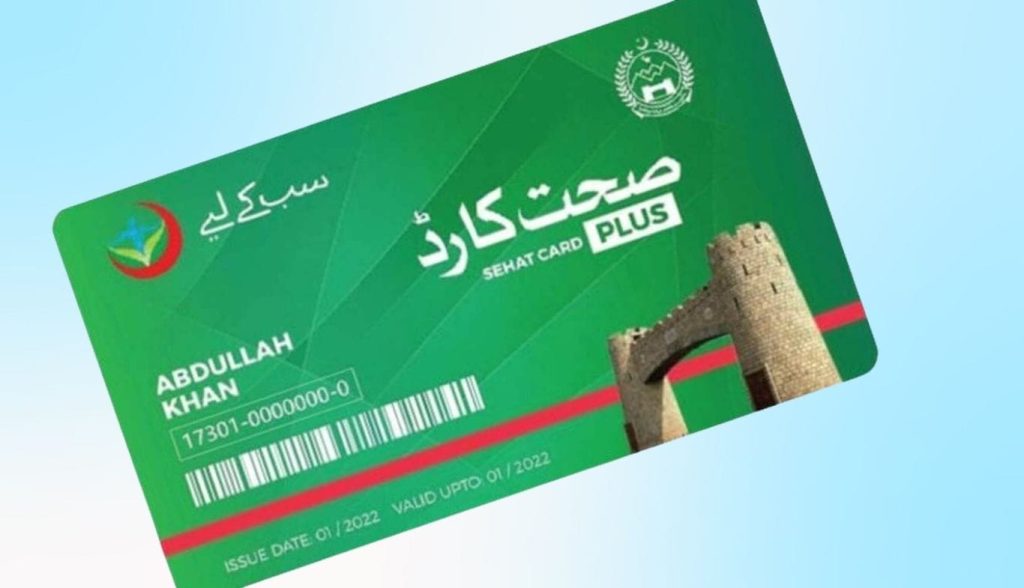The Punjab government has announced a major policy shift in its public healthcare system. Beginning July 1, 2025, the Sehat Card will no longer be accepted in public hospitals across the province. Public healthcare facilities have been instructed to submit any remaining Universal Health Insurance (UHI) claims by June 30, 2025, as no claims will be entertained after that deadline.
From Universal Coverage to Specialized Support
Initially introduced to offer universal health coverage across public and private hospitals, the Sehat Card allowed patients access to a broad range of treatments without direct expenses. However, the new policy marks a strategic change from a universal health insurance model to a targeted treatment-based approach.
Rather than offering comprehensive coverage for all treatments, the government will now focus on specialized health cards that address specific critical medical needs.
New Specialized Health Cards
The revised scheme includes the rollout of dedicated cards for corneal, cochlear, and bone marrow transplants, as well as dialysis, kidney, and liver transplants. A separate Child Surgery Card will be introduced specifically for pediatric cardiac procedures.
These new cards are aimed at streamlining healthcare delivery, minimizing system misuse, and focusing financial resources on high-cost and life-saving treatments.
What Stays the Same in Public Hospitals
Despite the termination of the Sehat Card in public hospitals, core healthcare services will continue to be provided free of cost. Patients will still have access to essential medicines and treatments directly through public facilities, without needing insurance coverage.
This move is intended to maintain access to basic care while redirecting funds toward high-priority medical procedures that demand greater financial support.
Steps for Patients and Hospitals
- All hospitals must submit any pending UHI claims by June 30, 2025.
- Patients receiving ongoing care should check their eligibility for the new specialized health cards.
- Public hospitals will continue offering free treatment and medication for standard services.
Conclusion
The discontinuation of the Sehat Card in public hospitals marks a significant transformation in Punjab’s healthcare strategy. The focus is now on enhancing healthcare access for critical treatments through specialized cards, rather than maintaining universal insurance for all services. While some may see this as a rollback, the shift is positioned as a more efficient and sustainable approach to managing public health resources in Punjab.



Comments (0)
No comments yet. Be the first to comment!
Leave a Comment